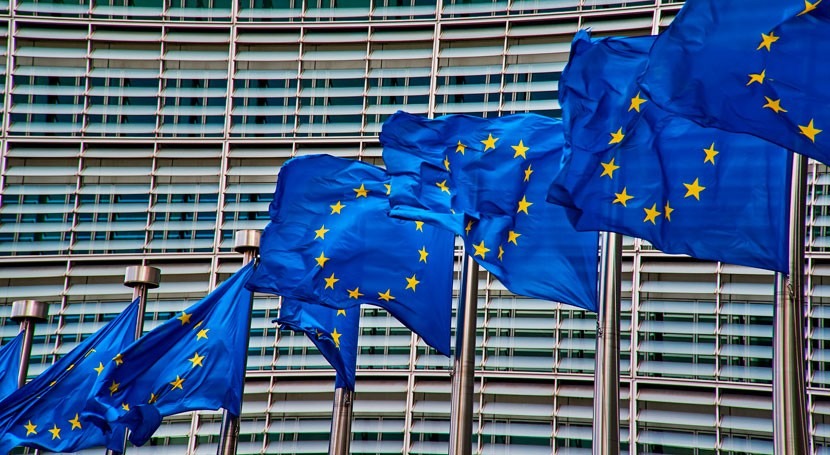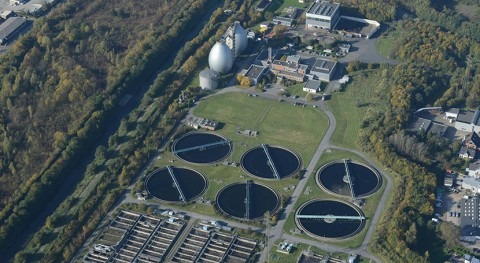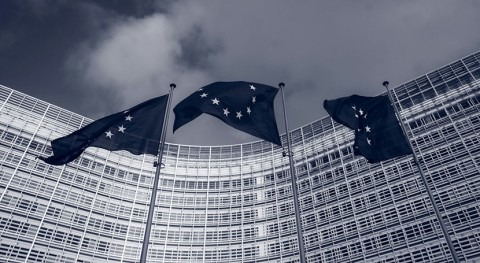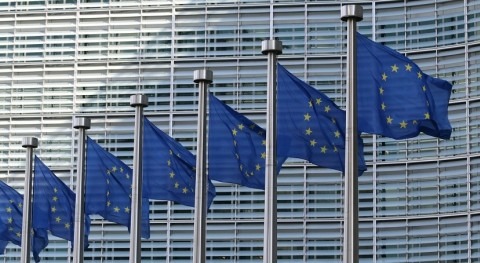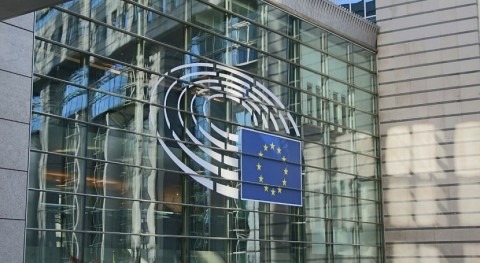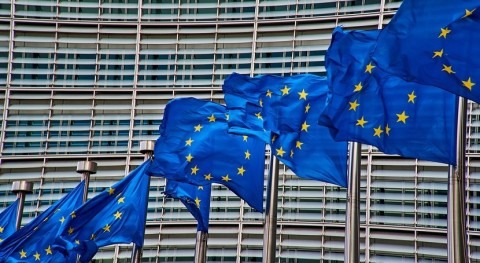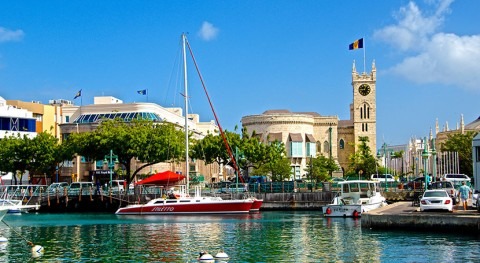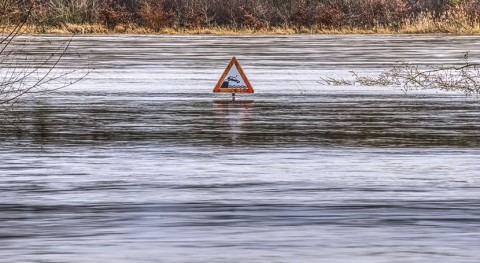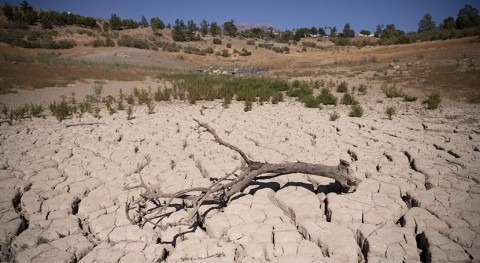The investment package involves Bulgaria, Czechia, Germany, Greece, Hungary, Italy, Malta, Poland, Portugal and Romania. The projects cover a wide range of areas: health, transport, research, environment and energy. With national co-financing, the total investment in these projects amounts to €8 billion.
Commissioner for Regional Policy Corina Creţu said: “These 25 projects are as many examples of how the EU is working to improve everyday life for our citizens from better drinking water to faster rail transport and modern hospitals. In the current budget period, I have adopted 258 large infrastructure projects worth €32 billion of EU funds; they are, in a way, the ambassadors of Cohesion Policy and I'm proud of each and every one of them.”
Water infrastructure projects:
- Better drinking water in Malta
Almost €74 million will provide Malta, Gozo and Comino islands with better drinking water, enhanced security of water supply and improved groundwater resource management. The project will benefit the entire population of the country. EU-funded works include an underground tunnel and the extension of water and wastewater distribution networks.
- Water management in Romania
The EU will invest more than €135 million in better drinking water and waste water systems in the Timiș County. An additional 15,000 inhabitants will be connected to the drinking water network and almost 380,000 people will enjoy better drinking water.
Background
Large infrastructure projects – so-called “major projects”– are worth over €50 million of Cohesion Policy funds (€75 million in the case of transport projects). Given their scale, these projects are subject to an assessment and a specific decision by the Commission. In the 2014-2020 programming period, 258 major projects have received EU funding. The EU contribution to these projects amounts to €32 billion, which is half their total value.
JASPERS (Joint Assistance to Support Projects in European Regions), the pool of independent experts helping local, regional and national governments prepare large infrastructure projects financed by EU funds, played an important role in each of these projects, either through advising Member States and beneficiaries during the project development or during the appraisal of the application for grant financing.


